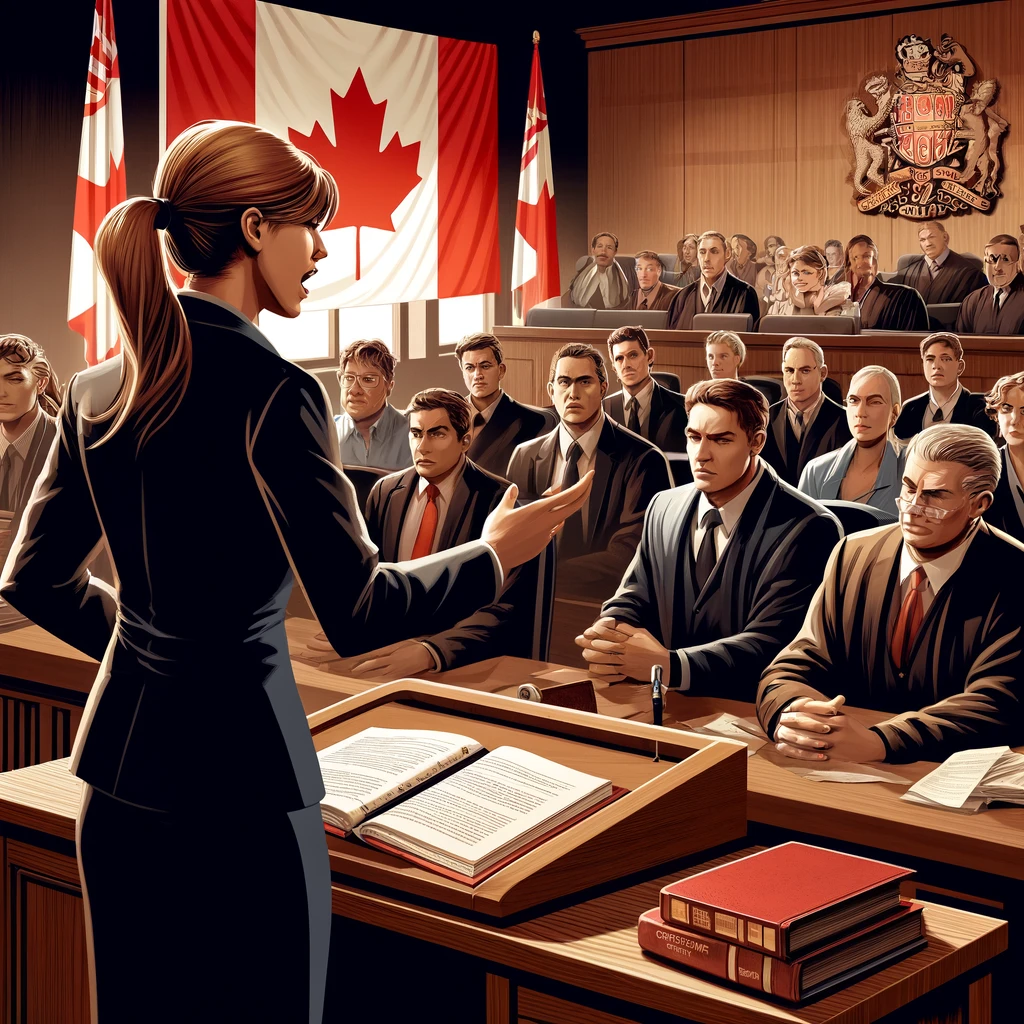In British Columbia, assault charges are taken seriously and carry significant legal consequences. This comprehensive guide will help you understand the definitions, penalties, and possible defences for assault charges under BC law, providing valuable insights whether you are facing charges or simply wish to be informed.
What is Assault?
Assault in British Columbia is defined under the Criminal Code of Canada and occurs when a person intentionally applies force directly or indirectly to another person without their consent. It also includes attempts or threats (by act or gesture) to apply force to another person when the perpetrator has or causes the victim to believe, on reasonable grounds, that they can effectuate their purpose.
Types of Assault
- Simple Assault (Assault): This involves minor physical contact or threats and is the most basic form of assault.
- Assault with a Weapon or Causing Bodily Harm: This involves using a weapon during the assault or causing bodily harm to the victim.
- Aggravated Assault: This is the most serious form of assault, which results in wounding, maiming, disfiguring, or endangering the life of the victim.
Legal Penalties for Assault
The penalties for assault in BC vary depending on the severity of the offence:
- Simple Assault: Typically treated as a summary conviction offence, it can result in a maximum penalty of 6 months in jail and/or a $5,000 fine.
- Assault with a Weapon or Causing Bodily Harm: This can be prosecuted as an indictable offence or a summary conviction, leading to more severe penalties, including longer jail terms.
- Aggravated Assault: Always treated as an indictable offence, with penalties including imprisonment for up to 14 years.
Defending Against Assault Charges
Legal defences against assault charges can vary widely based on the circumstances of the case. Here are some common defences:
- Consent: In some cases, the accused may argue that the victim consented to the risk of harm, which is common in sports or consensual fights.
- Self-defence: Claiming self-defence requires proving that you believed on reasonable grounds that force was being used against you and that your response was necessary to protect yourself.
- Defence of Others: Similar to self-defence, this applies when you intervene to protect another person.
- Accidental Harm: Demonstrating that any harm caused was accidental and involved no criminal intent could be a viable defence.
The Role of a Lawyer
Navigating the complexities of assault charges requires the expertise of a skilled criminal defence lawyer. A lawyer can help by:
- Analyzing the Evidence: To identify strengths and weaknesses in the prosecution’s case.
- Developing a Defense Strategy: Tailored to the specific circumstances of your case.
- Negotiating with Prosecutors: To reduce charges or penalties potentially.
- Representing You in Court: Providing robust representation during trial.
The Impact of a Conviction
An assault conviction can have long-lasting effects beyond the immediate legal penalties. It can impact employment opportunities, travel possibilities (particularly to countries like the USA), and personal relationships.

Assault in BC involves intentionally applying force to another person without their consent, attempting or threatening to apply force.
Simple assault typically involves minor or no injury, while aggravated assault results in serious injury or life-threatening actions.
Yes, threats or attempts to apply force can also be considered assault if they cause the victim to fear for their safety reasonably.
Contacting a criminal defence lawyer immediately to protect your rights and begin preparing your defence is crucial.
Defences include consent, self-defence, defence of others, and proving accidental harm.
Penalties range from fines and community service to imprisonment, depending on the severity of the assault.
Yes, an assault conviction generally remains on your criminal record, which can affect your future.
Yes, charges can be dropped if there is insufficient evidence or the prosecutor decides not to proceed.
A lawyer provides legal advice, represents you in court, negotiates with the prosecution, and helps develop a defence strategy.
Yes, an assault conviction can negatively affect job opportunities and professional licensing.
Pax Law can help you!
Contact Lucas Pearce, a lawyer at Pax Law Corporation, where expertise and dedication converge to resolve your criminal law needs. As a knowledgeable lawyer with a profound understanding of Canadian criminal law, Lucas Pearce offers strategic guidance and advocacy for navigating complex criminal cases. Whether it’s defending against charges, handling criminal appeals, or advising on legal rights, Pax Law Corporation is your trusted partner in managing your criminal law matters. Protect your future by reaching out to Lucas Pearce today.
Our lawyers and consultants are willing, ready, and able to assist you. Please visit our appointment booking page to make an appointment with one of our lawyers or consultants; alternatively, you can call our offices at +1-604-767-9529.



0 Comments